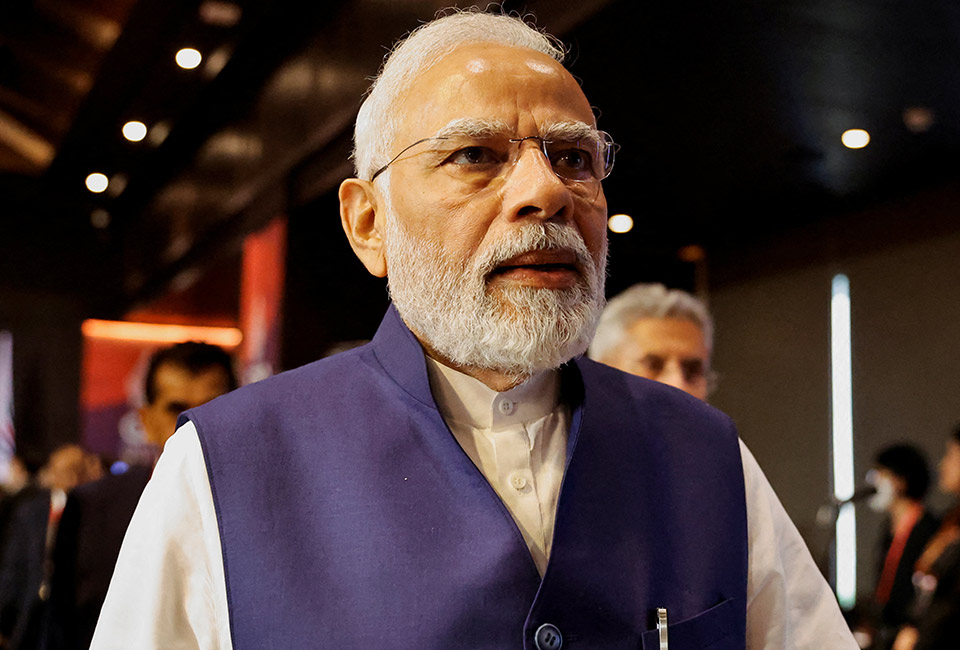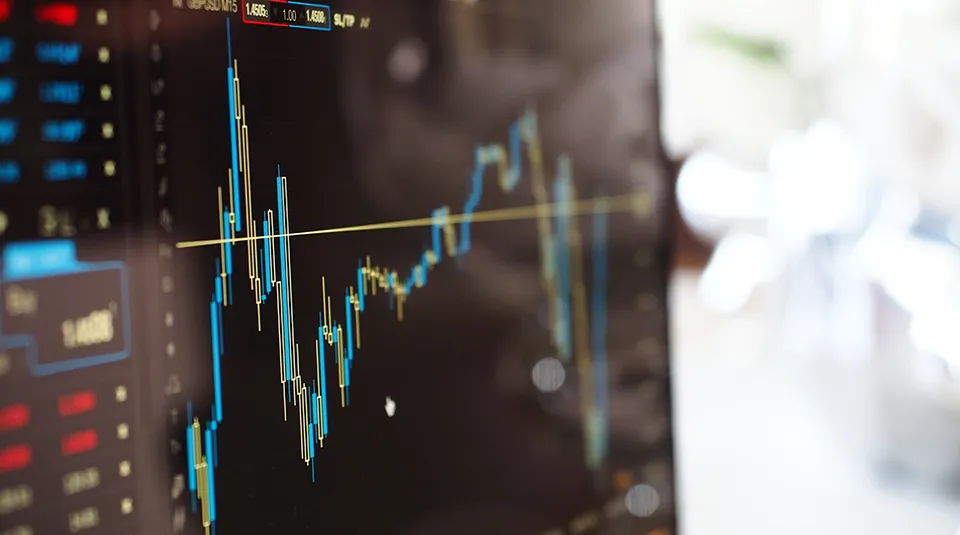It is crunch time for a key deal whose immediate troubles are just the visible part of a much more complex and sensitive set of issues.
Tuesday is the closing date for a $2.5 billion equity capital raising by Adani Enterprises. The issuer and its bookrunning lead managers – the prospectus lists 10 of them, covering almost every important domestic house in India – have a decision to make.
Do they press on a deal that secured the participation of some of the world’s biggest institutional names, among them the Abu Dhabi Investment Authority, or do they delay or reprice it, given that the price Adia and others locked in at is now likely to be at least 10% lower than it was when they came in?
And do they even have a choice, given that the subsequent retail and institutional components of the deal, as of Monday evening in Asia, were said to be only 2% subscribed?
Bombshell
At issue here is the abruptly altered fortune of India’s richest man, Gautam Adani, and the empire he has built.
Adani Group is a conglomerate of a scale and sweep that barely exists outside Japan and Korea these days, busy in everything from ports to power, mining and food processing. Adani Enterprises, one of a host of listed Adani Group companies, is chiefly in the mining and trading of coal and iron ore, though it does plenty else besides.
Until about a week ago, Adani Enterprises’ shares were up about 3,300% in three years, a rate of appreciation that makes 2020 Tesla look like a staid yield-stock industrial.
And that is the thing: on the face, of it, Adani Group companies are simple industrials and commodities plays, and ought logically to have behaved as such, but their shares have instead soared like red-blooded tech stocks in a bubble market.
For better or worse, Adani is the Indian corporate and political nexus writ large, and problems for one will also hurt the other
The seven key listed companies in the group have averaged 819% appreciation in three years.
Then, on January 24, Hindenburg Research, a New York-based activist short seller that has short positions on Adani Group companies, published the findings of what it calls a two-year investigation that it claims presents evidence of stock manipulation and accounting fraud.
Adani strongly refutes these claims.
The date of this bombshell report happened to be the eve of the follow-on offering, which by that time had already allocated Rs60 billion of shares to anchor investors at the top of the price band (Rs3,112 to Rs3,276; other reported buyers include Maybank Securities, India’s LIC insurance company, BNP Paribas and Goldman Sachs).
News of the Hindenburg report triggered a drop in Adani Enterprise’s share price of 20% through Wednesday and Friday (Thursday was a public holiday in India); by late Monday, despite a slight recovery, Adani companies had lost almost $70 billion of market value in three trading days.
With the Adani Enterprises share price at Rs2,869 on Monday, that is still well below the floor of the rights issue, meaning that anyone choosing to participate in it would be paying a premium over stocks they can buy on the open market anyway. It would mean making a conscious choice to overpay.
According to Bloomberg, by late afternoon Monday, overall subscription was at 2%, retail at 4%, corporate employees 12%, wealthy individuals 1%, and institutional investors a negligible amount.
True, in India, retail often participates in the final day of an offer, but as Tuesday approached, you could ask why they would bother.
Hence the question for Adani now: stick or twist? Take the money from the overpaying anchors, or delay or reprice the whole thing?
That is a diverting matter for market-watchers, but the bigger picture speaks of a much greater theme.
Made in India
One finds a hint of it in the vast rebuttal – 413 pages, albeit about 350 of them are sprawling appendices of varying relevance – that Adani put out over the weekend, challenging many of Hindenburg’s contentions.
Fortunately, you don’t have to read 413 pages. Instead, the key thrust can be summed up in one sentence: “This is not merely an unwarranted attack on any specific company but a calculated attack on India, the independence, integrity and quality of Indian institutions, and the growth story and ambition of India.”
Hindenburg was quick to mock this populist statement – “fraud cannot be obfuscated by nationalism,” it responded on Monday – but the thing is, Adani is on to something when it tries to conflate itself with sovereign India.
That is because Adani, more than any other enterprise, is the emblem of what prime minister Narendra Modi wants corporate India to be.

Modi champions the idea of ‘Made in India’; nation-building, firing the domestic engine that has made the country the brightest star in world markets over the last 12 months.
Adani is the very embodiment of this idea: building the ports, the roads, the airports, supplying the power and the commodities that will fuel and elevate this bold national vision.
Gautam Adani is Gujarati, and the group’s headquarters remain in the state’s biggest city of Ahmedabad. It has not escaped notice that Adani’s extraordinary ascendancy has occurred during Modi’s eight-year tenure; Modi was the chief minister of Gujarat for 13 years before reaching the top.
Consequently, it is not too much of a reach to say that an attack on Adani is an attack on Modi’s corporate India, and the infrastructure that keeps the vibrant nation moving.
Adani is India’s future, both in hope (it is investing $70 billion to become one of the world’s biggest green energy businesses) and practice (it is now India’s second-biggest provider of cement to build this new India, having bought Holcim’s India business last year).
Moreover, in stock market terms, one might argue that Adani has not only been part of India’s rally, but is the rally: its outlandish share-price performance has driven indices to the point that they have outpaced peers, which has in turn attracted more capital to the market and boosted overall index performance.
High stakes
There has long been a debate about whether the family conglomerate model, epitomized by the Adanis and the Ambanis, who also hail from Gujarat, is an effective way to build a modern corporate India.
It worked for South Korea, one might argue, as a spur to swift economic development, but it is not great for competition, it leads to concentration of capital and pushes the nation towards monopolies.
It also leads to opaque arrangements that, when demystified, can look alarming. Over the last few days, it has been remembered that Credit Suisse wrote a troubling report, called House of Debt, about the Adani Group back in 2015.
Things haven’t notably improved in the intervening eight years.
But Modi is a truly powerful leader, his tenure underlined by key state election victories in the last 12 months, as close to a strongman autocrat as one can find in a democracy, and he is perceived to be very much in the corner of these Gujarati powerhouses and the self-reliant business models they represent.
Consequently, there is more at stake right now than a follow-on equity offering.
If the Adani Group really is overloaded with debt that can only be properly secured when share prices remain absurdly high relative to earnings, if it devalues to levels more usual for industrials and the whole lot starts to topple, then the government itself will have to decide what to do.
Many in India assume it would simply step in, because the country’s troubled public-sector banks have considerable exposures to the group, and the state simply couldn’t afford for those banks to be in any more bad-debt trouble then they’ve been in for a generation.
But also, for better or worse, Adani is the Indian corporate and political nexus writ large, and problems for one will also hurt the other.




